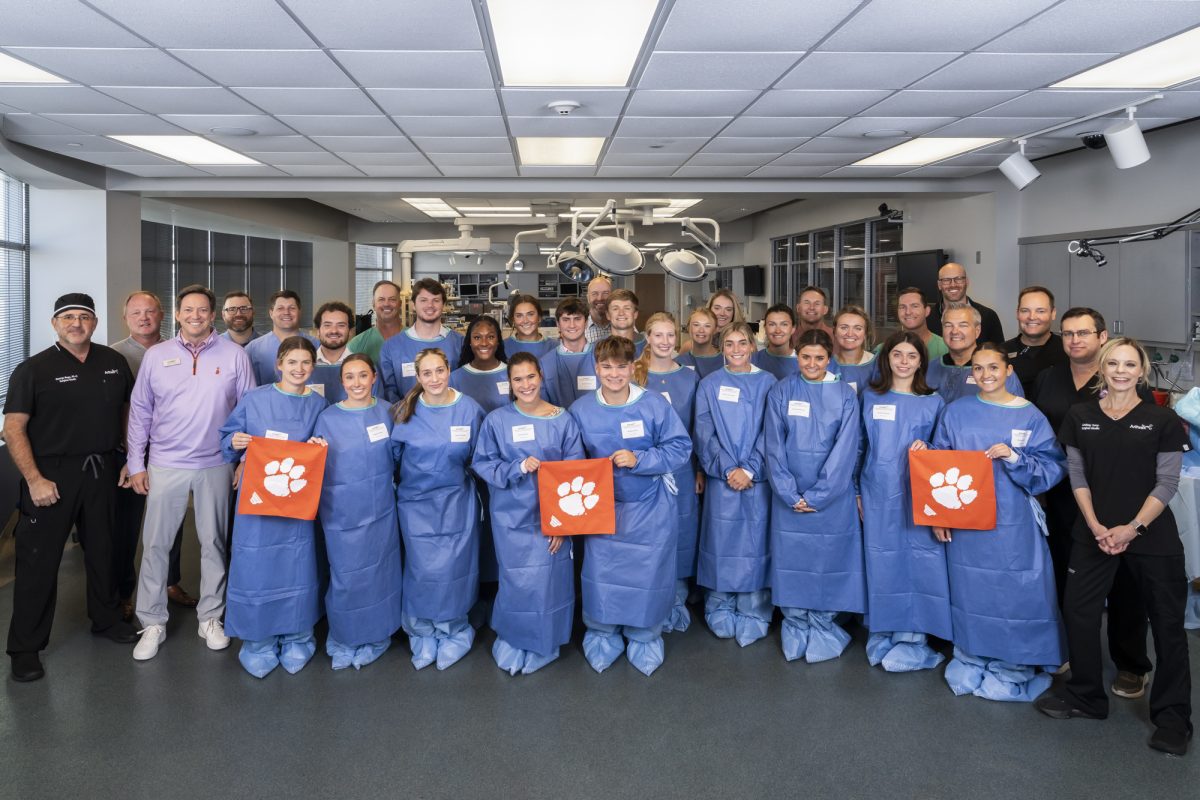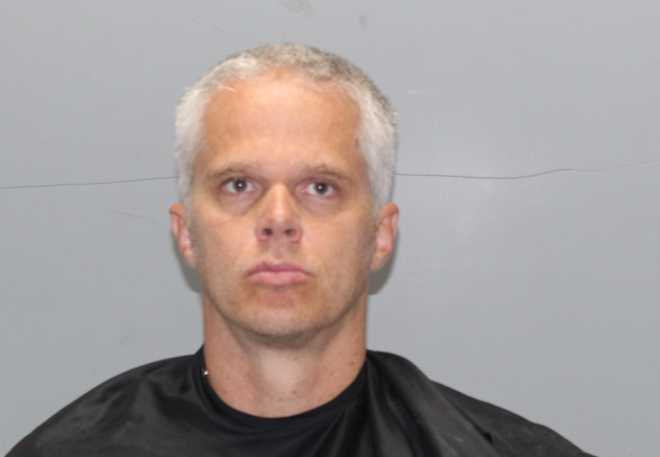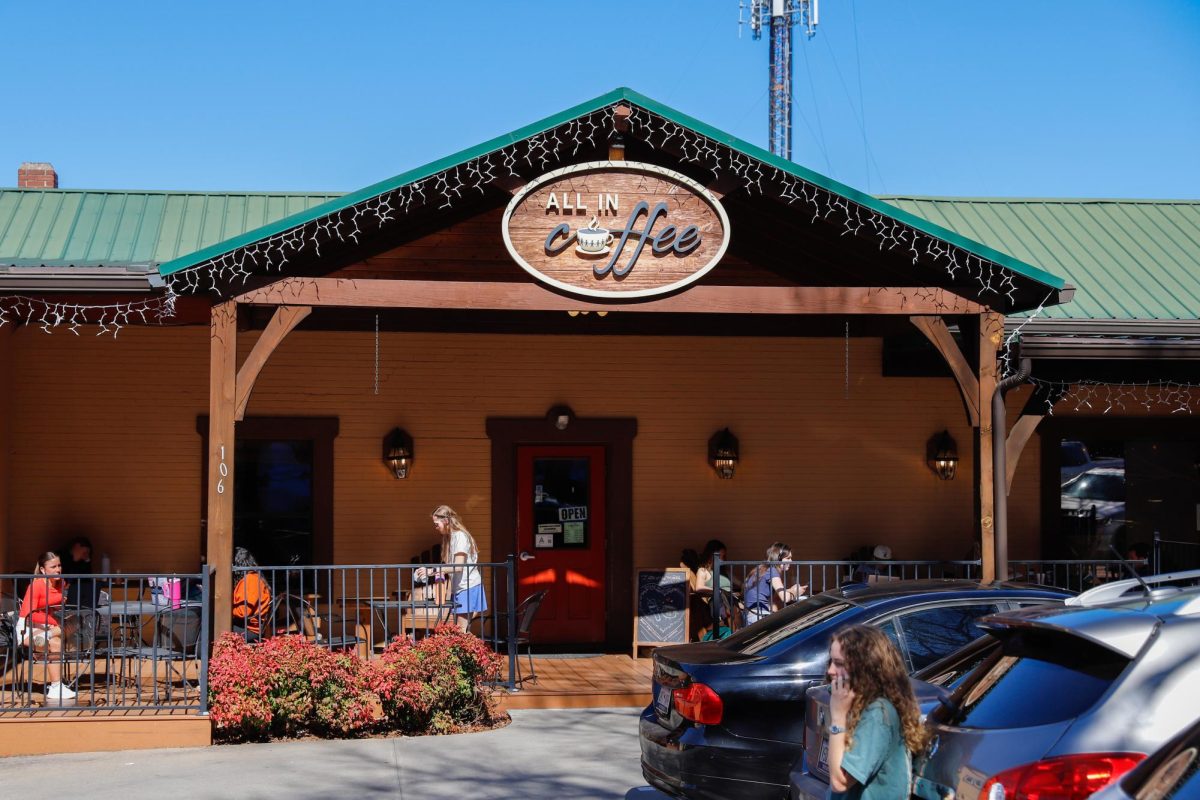Clemson University’s judicial branch headed by Student Attorney General James Swicegood plays a very important role in undergraduate student proceedings.
The process begins when a student breaks Clemson University’s Student Code of Conduct. The violation is reported to the Office of Community and Ethical Standards which then delegates a select number of cases to the judicial branch for a hearing.
Before the student’s court date, they are provided with a representative student adviser who acts like an attorney for them in their hearing.
The hearings consist of a panel of nine judicial board members and the student is allowed to plead their case to their peers.
If found guilty, the court prescribes the student with sanctions that vary depending on the offense.
Recently, the judicial branch has been assigning more educational sanctions over punitive ones as an attempt to ensure that students maintain Clemson’s core values of integrity, honesty, and respect.
“Providing opportunities for students to learn better ways of upholding these values through educational sanctions benefits the individual and the Clemson community at large,” Michael Allen, student assistant attorney general of membership, told The Tiger.
“The educational sanctions are the focus of the Judicial Board hearings,” Swicegood stated. “Our goal is to work with the student as their peers to determine an alternative to the discouraged behavior.”
The court has found these educational sanctions to be an extremely effective form of discipline.
“Over the past two years, the Judicial Board has seen an extremely minuscule amount of ‘repeat offenders,’ so we do believe that students that go through our processes typically do learn from their mistakes,” Allen stated.
“We want students to know that our job is to teach positive change through educational sanctions, not make their lives more difficult through punitive consequences,” Allen continued.
Some examples of educational sanctions include visiting the career center for a CCPD career assessment, researching various clubs to join and reflecting on various ways to have fun without violating university policies.
The court typically hears about four cases per week, and around 80% of the cases involve a violation of Clemson’s student code of conduct, according to Attorney General Swicegood.
The majority of cases the judicial branch deals with events that happen off campus and are reported back to the university such as minor in possession charges, illegal drug charges and driving under the influence charges. However, the court also hears disputes involving campus housing violations and disorderly conduct breaches.
Not all instances reported to OCES make it to trial and students who wish to have their case heard by a jury of their peers do not have the ability to appeal their OCES case to the court.
However, when a case does appear before the court, the judicial board believes it is a fair and beneficial opportunity for Clemson students.
“The student-to-student dialogue provides a more comfortable and relatable experience for the individual on trial,” Allen said. “People make mistakes; we guarantee that students can have an opportunity to explain those mistakes to their peers, receive advice that will help them avoid similar errors, and highlight other positive activities available at Clemson.”
“The trial process exists for students,” Swicegood said, “we are here for the students.”














